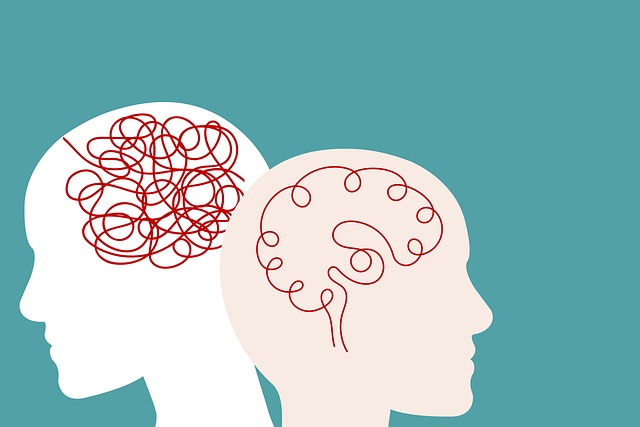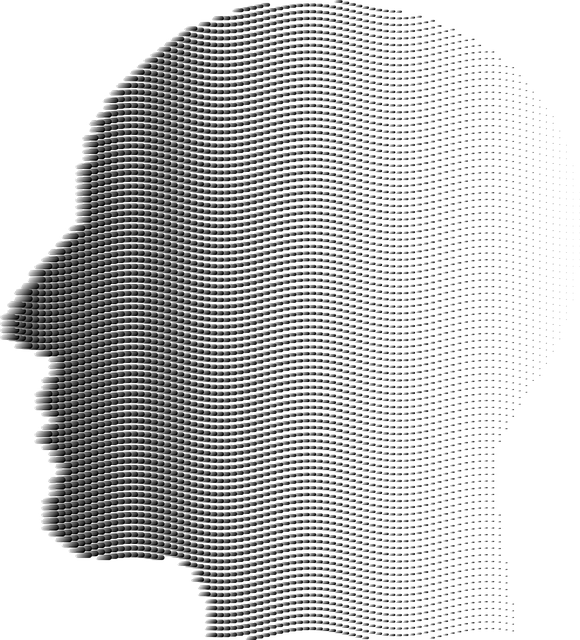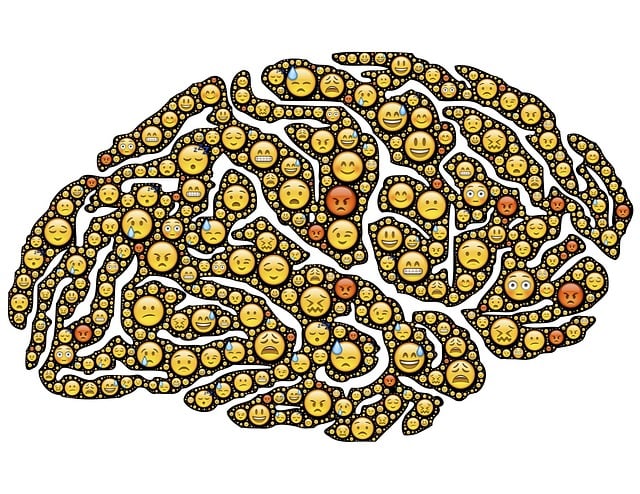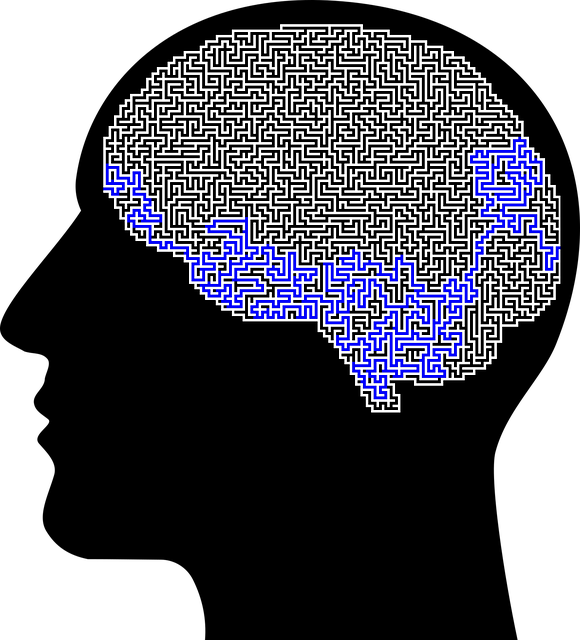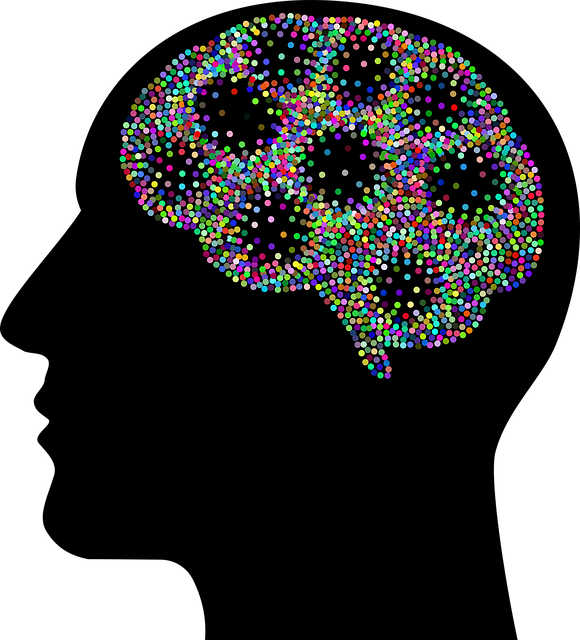In today's fast-paced world, mental wellness is often overlooked until crises arise, particularly in communities like Lafayette with limited access to therapy. To address this, Lafayette Developmental Disability Therapy develops self-assessment tools for mental wellness, providing individuals with accessible and private emotional well-being assessments. These tools foster awareness, promote positive thinking, and offer coping strategies, enhancing resilience during stressful periods. Integrating traditional techniques with modern technology, Lafayette enables users to take charge of their mental health through engaging assessment processes and personalized care, empowering them to meet life's challenges with enhanced self-awareness and emotional resilience.
In today’s fast-paced world, mental wellness self-assessment tools play a pivotal role in promoting individual well-being. This article explores the development of such tools, highlighting best practices from Lafayette Developmental Disability Therapy. We delve into the critical need for accessible and effective assessments, showcasing their integration and customization to cater to diverse personal needs. By understanding the nuances of mental health, these tools empower individuals to take control of their emotional well-being, mirroring Lafayette’s commitment to personalized care.
- Understanding the Need for Mental Wellness Self-Assessment Tools
- Developing Effective Self-Assessment Tools at Lafayette Developmental Disability Therapy
- Integrating and Customizing Assessment Techniques for Personalized Care
Understanding the Need for Mental Wellness Self-Assessment Tools

In today’s fast-paced world, mental wellness is a critical aspect of overall health that often goes overlooked until it becomes a crisis. This is particularly evident in communities like Lafayette with its developmental disability population, where access to effective therapy and support services can be limited. Recognizing this growing need, the development of self-assessment tools for mental wellness emerges as a crucial initiative. Such tools offer individuals an accessible and private means to gauge their emotional well-being, fostering awareness that is essential for proactive mental health management.
By providing people with the ability to regularly assess their inner strength and emotional state, these tools can empower them to cultivate positive thinking and develop strategies for navigating life’s challenges. Moreover, they serve as valuable resources for crisis intervention guidance, ensuring individuals in Lafayette and similar areas have a better chance at maintaining resilience and stability during periods of heightened stress or distress.
Developing Effective Self-Assessment Tools at Lafayette Developmental Disability Therapy

At Lafayette Developmental Disability Therapy, we understand that effective self-assessment tools are pivotal in fostering mental wellness. Our team has meticulously developed a suite of innovative methods to support individuals in their journey towards emotional healing and improved mental health. These tools cater to diverse needs, ensuring comprehensive evaluations.
Through our Mental Wellness Podcast Series Production, we’ve incorporated interactive exercises and insightful discussions, providing accessible resources for self-care routine development. By combining traditional assessment techniques with modern technology, we aim to make the process engaging and impactful. This approach not only encourages active participation but also promotes a deeper understanding of one’s mental wellness landscape, enabling individuals to take charge of their emotional well-being.
Integrating and Customizing Assessment Techniques for Personalized Care

In developing mental wellness self-assessment tools, integrating and customizing assessment techniques is paramount for delivering personalized care tailored to individual needs. This approach, a cornerstone of effective therapy practices like those offered at Lafayette Developmental Disability Therapy, ensures that interventions are not one-size-fits-all but rather adaptive and responsive. By combining various methods—such as structured questionnaires, semi-structured interviews, and self-monitoring logs—therapists can gain a comprehensive view of an individual’s mental health landscape. This multifaceted strategy allows for the identification of unique challenges and strengths, enabling the design of targeted interventions.
For instance, incorporating coping skills development into assessment techniques can help individuals recognize and manage stress effectively. Similarly, integrating mental health education programs designed to foster compassion cultivation practices may enhance emotional resilience. These personalized strategies not only support better mental wellness but also empower individuals to navigate life’s challenges with greater self-awareness and equanimity.
Mental wellness self-assessment tools play a pivotal role in enhancing therapeutic outcomes, especially as demonstrated by practices at Lafayette Developmental Disability Therapy. By integrating personalized assessment techniques, these tools enable tailored care that addresses unique mental health needs. As discussed, combining structured evaluations with flexible customization ensures comprehensive and effective support for individuals seeking to improve their mental well-being. This approach not only facilitates better understanding but also paves the way for more successful interventions.


